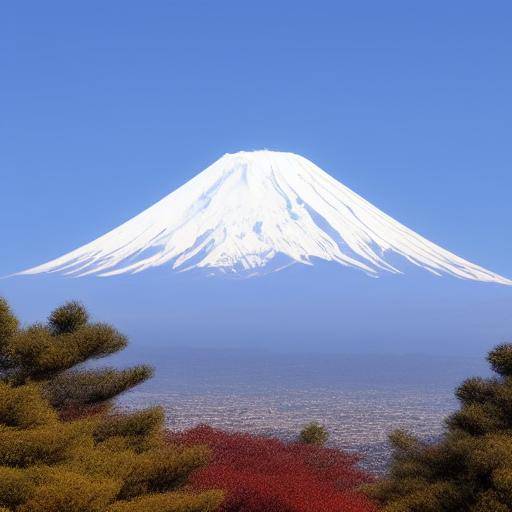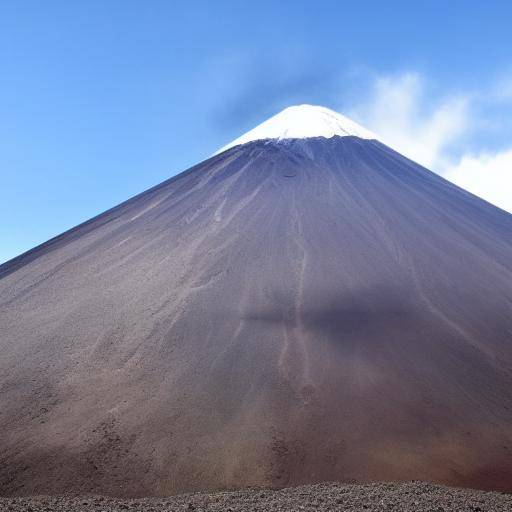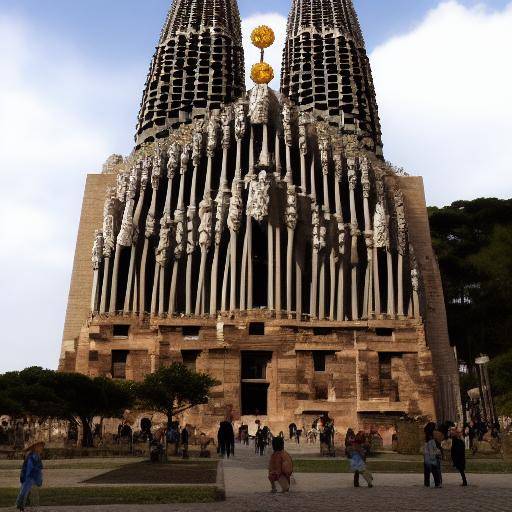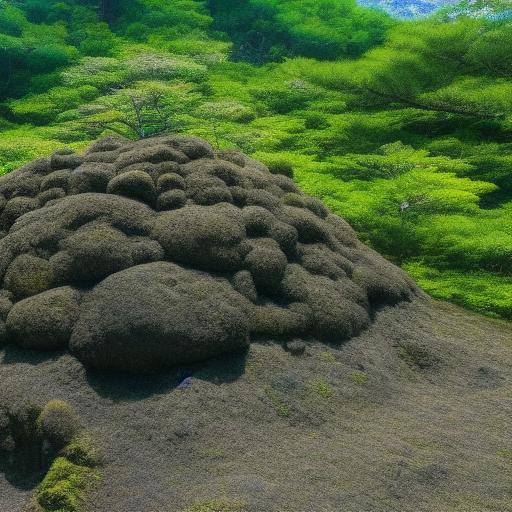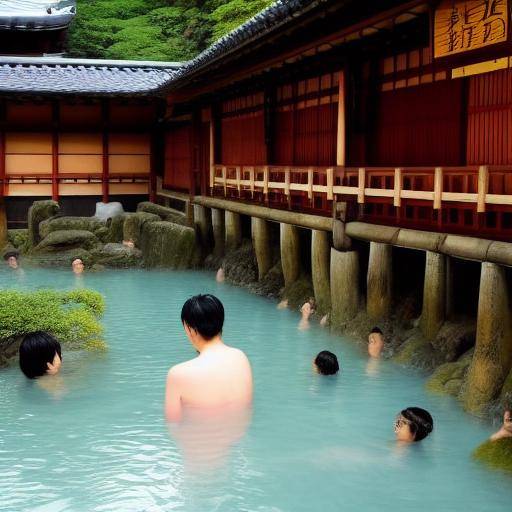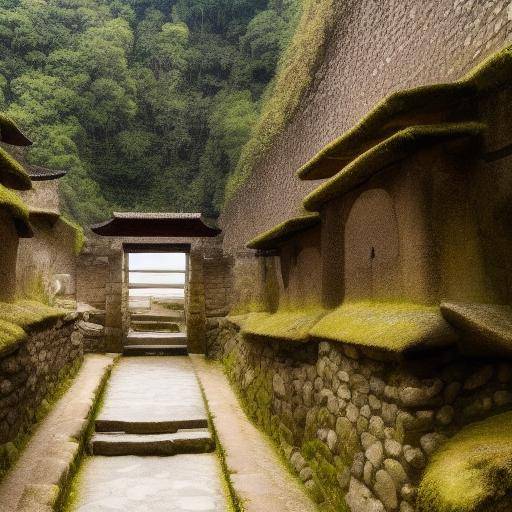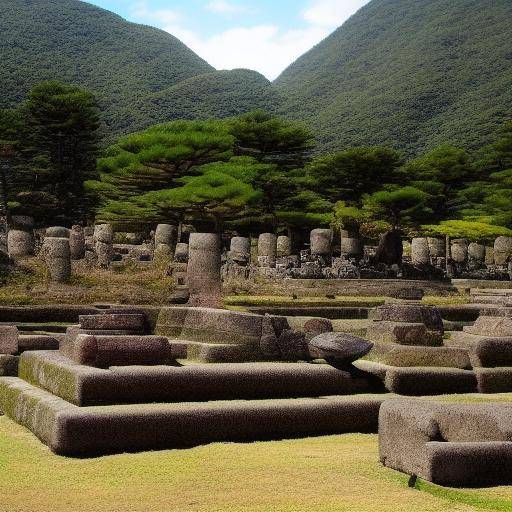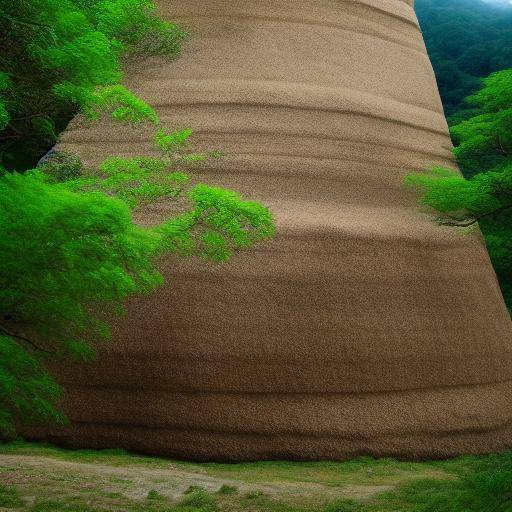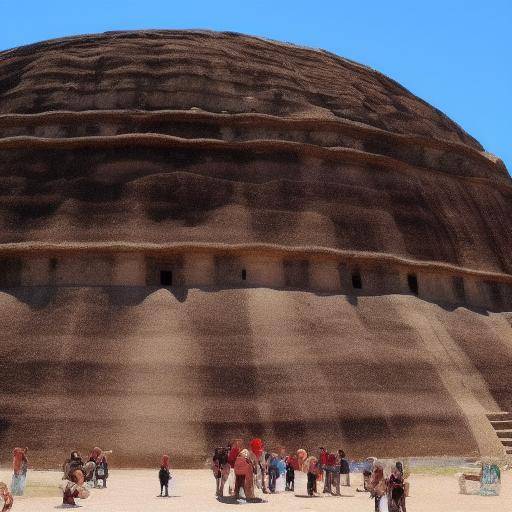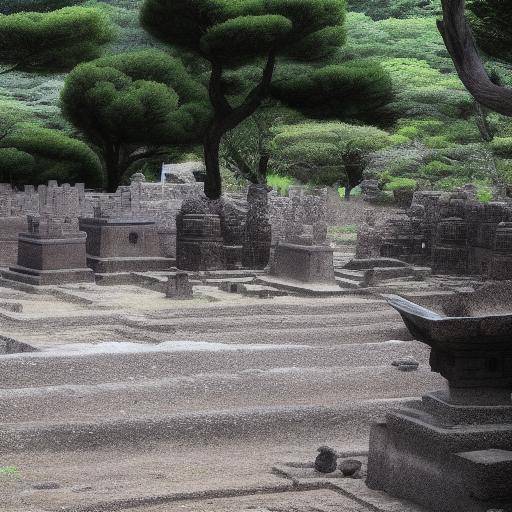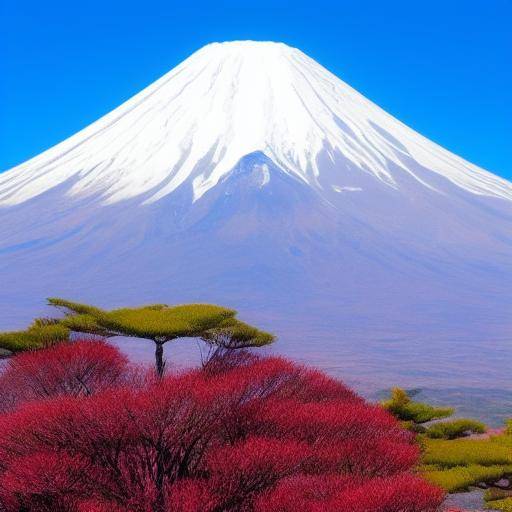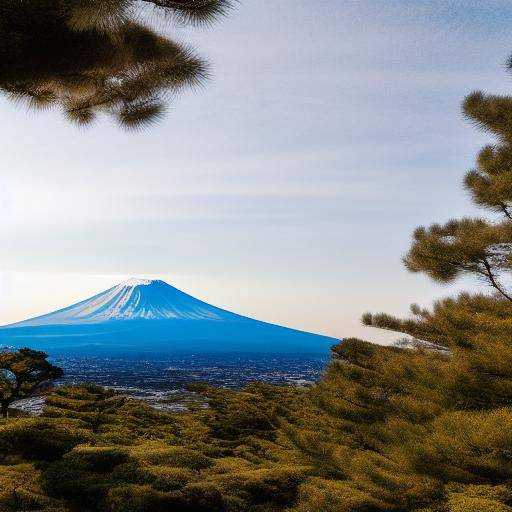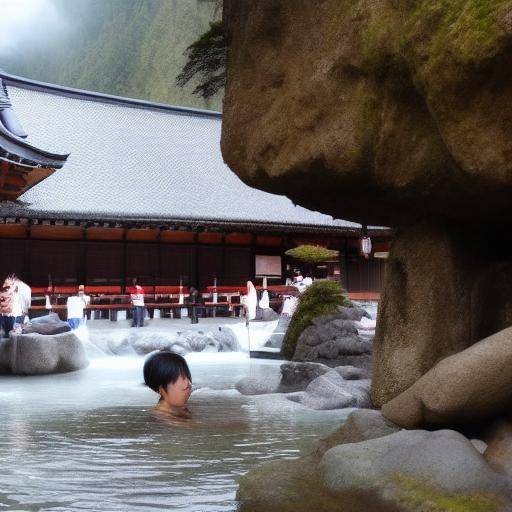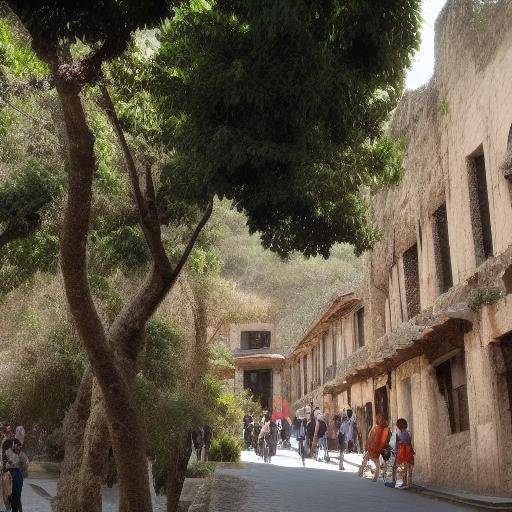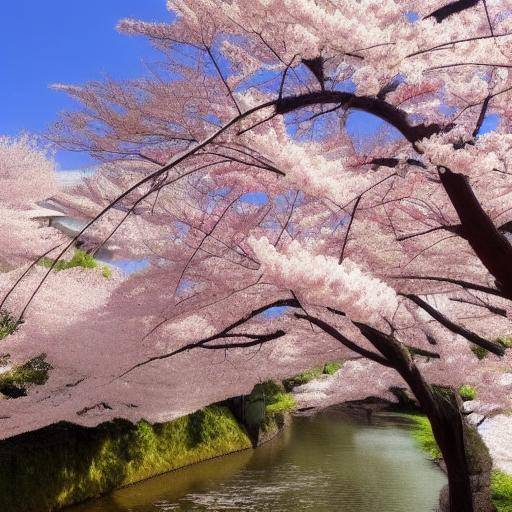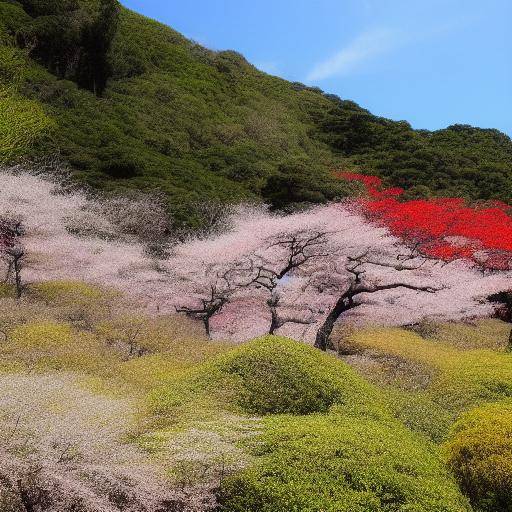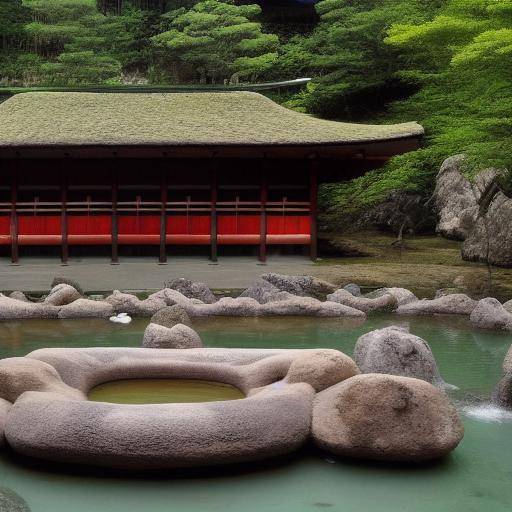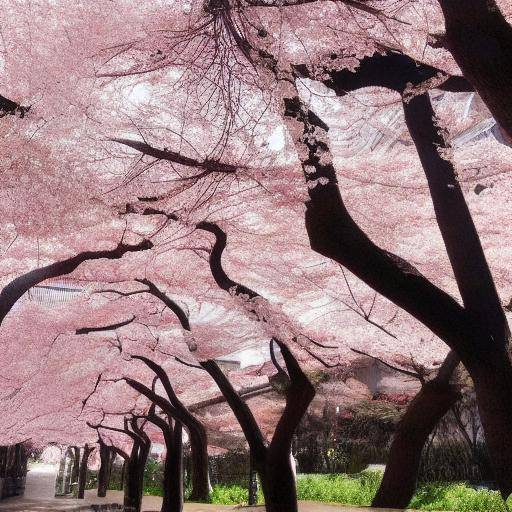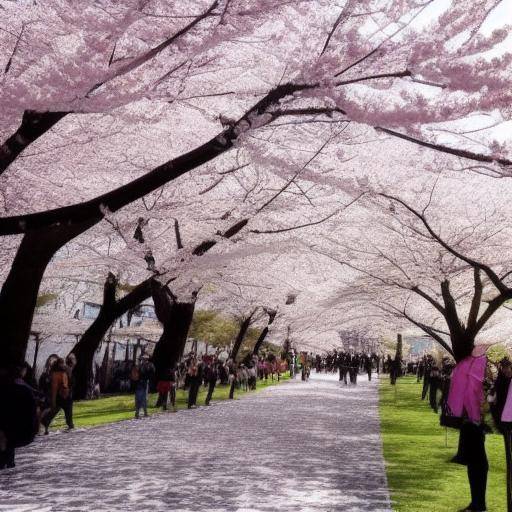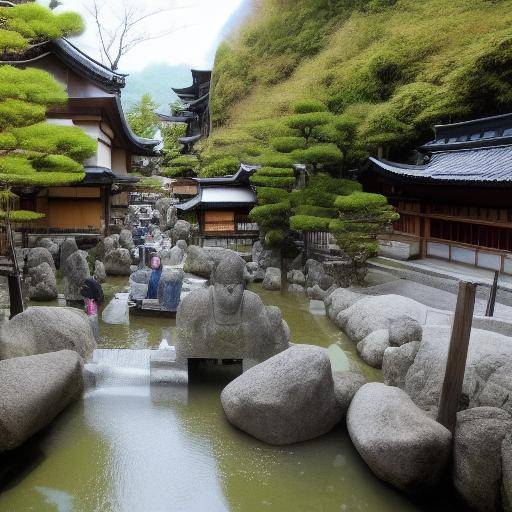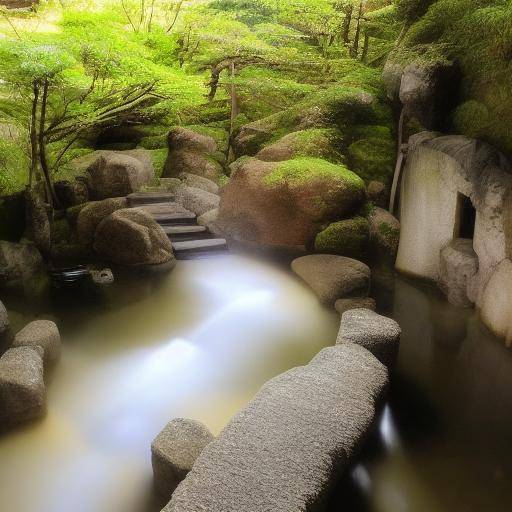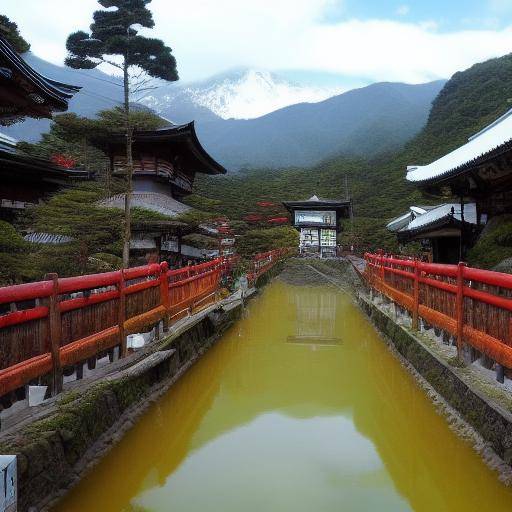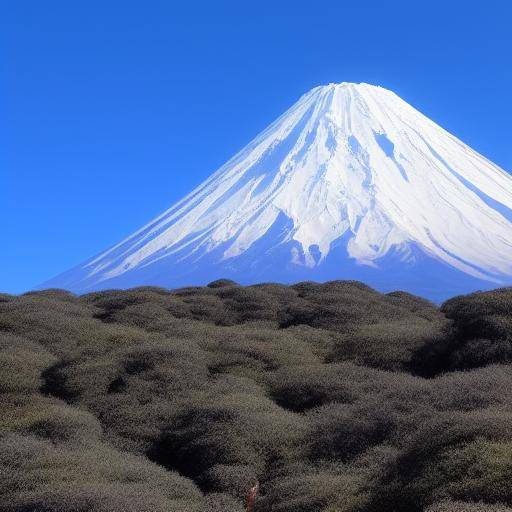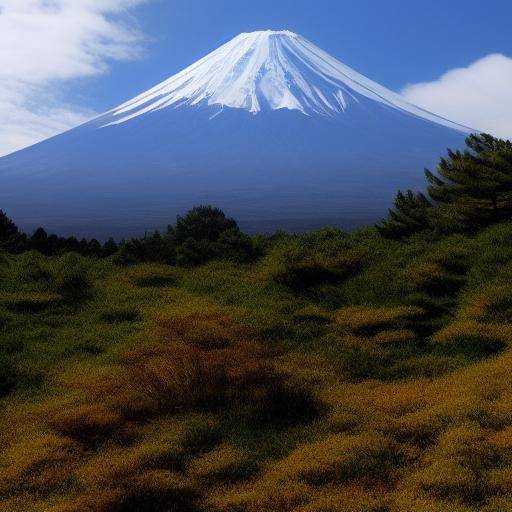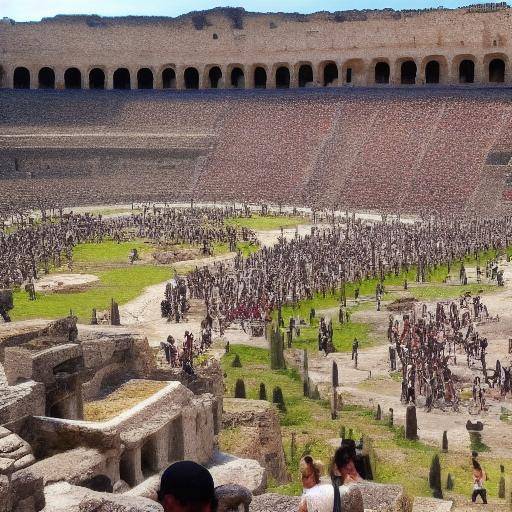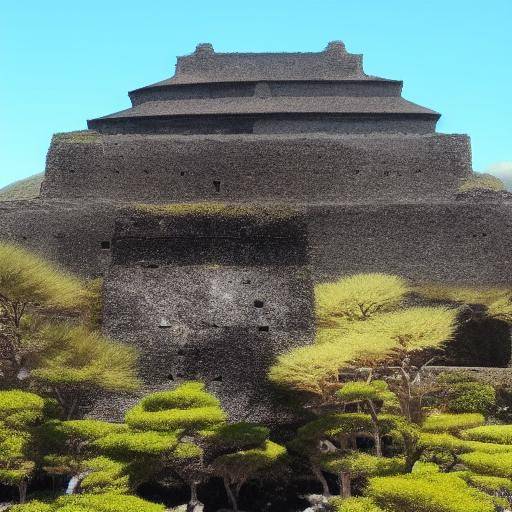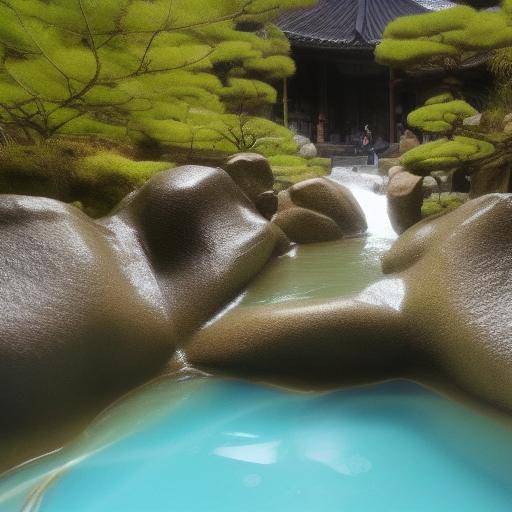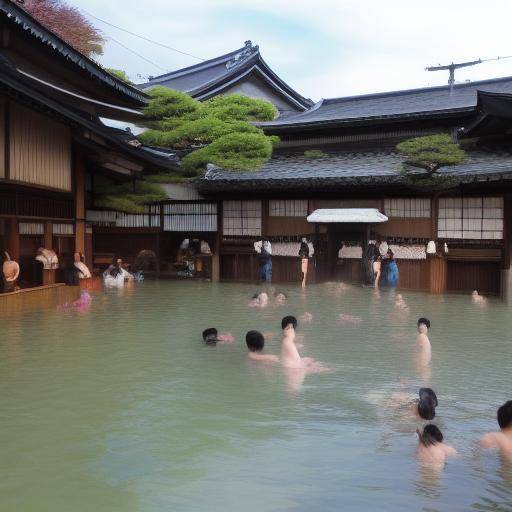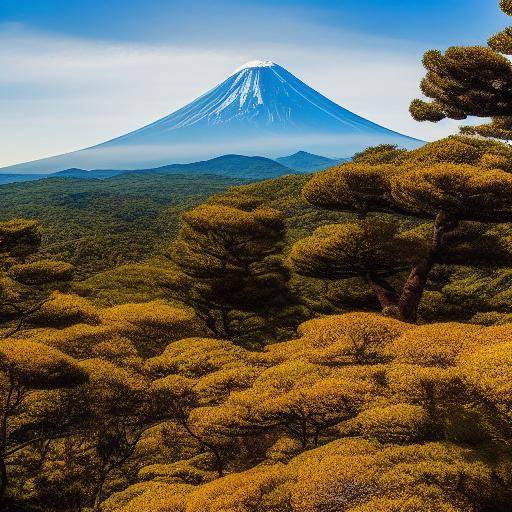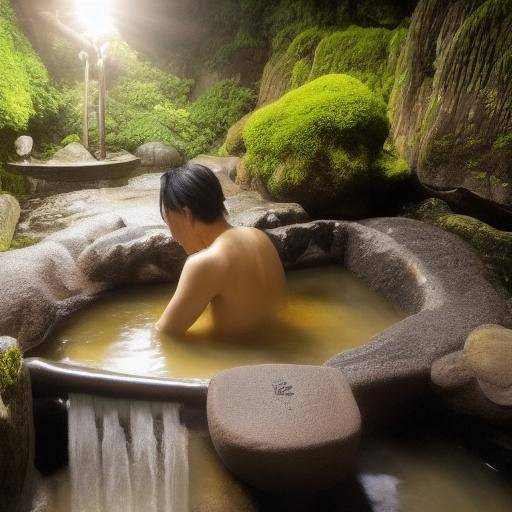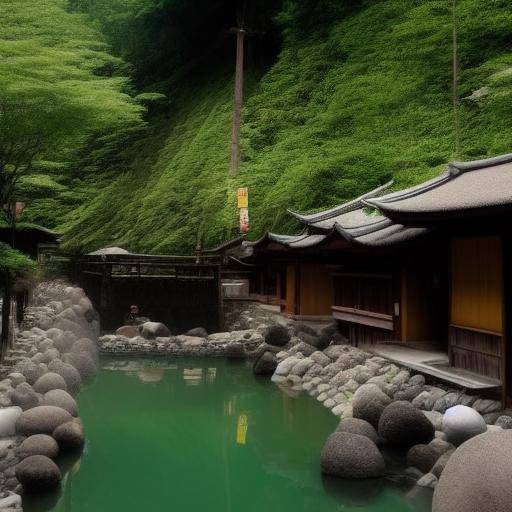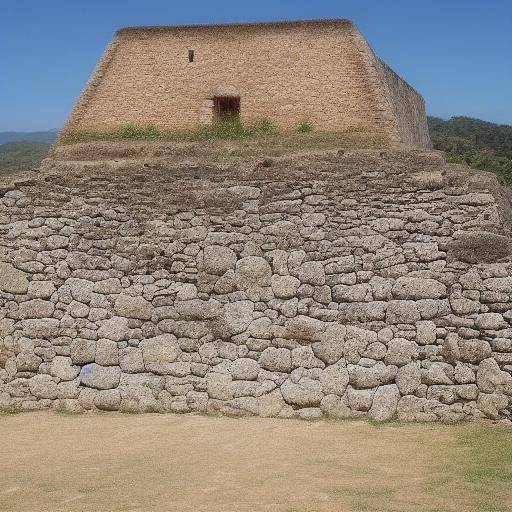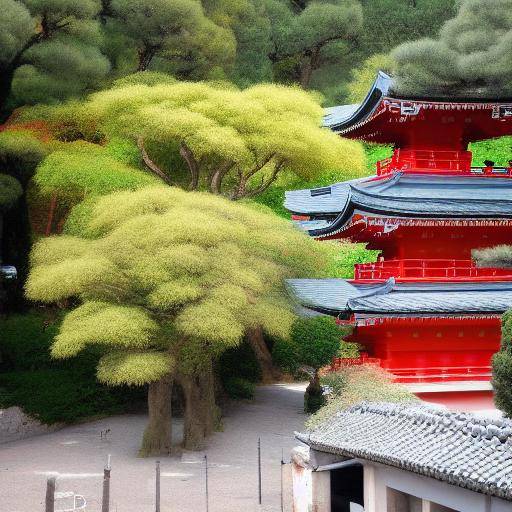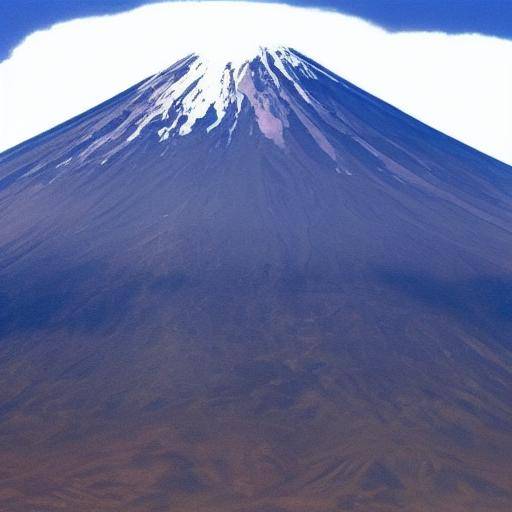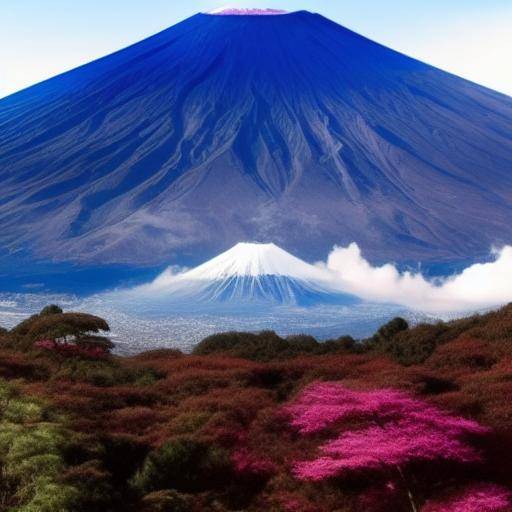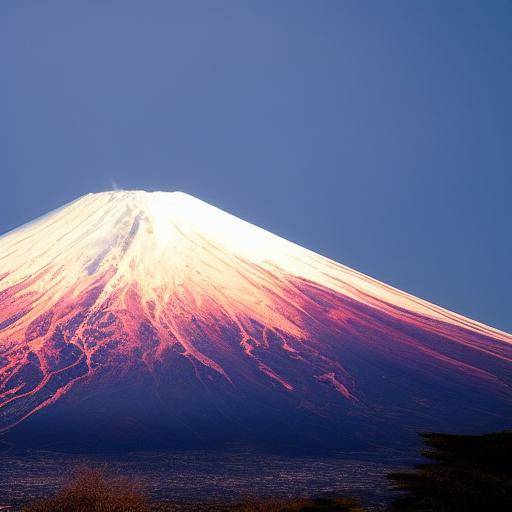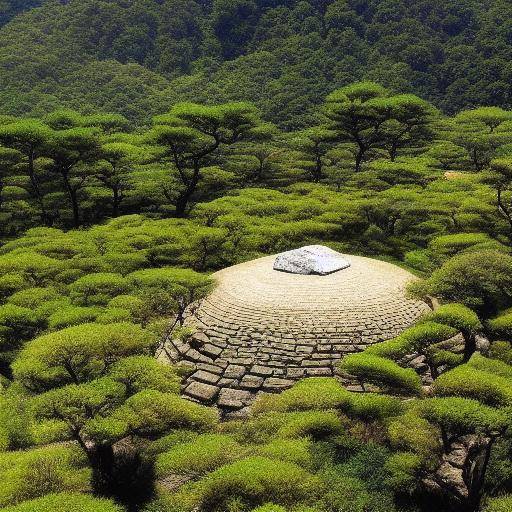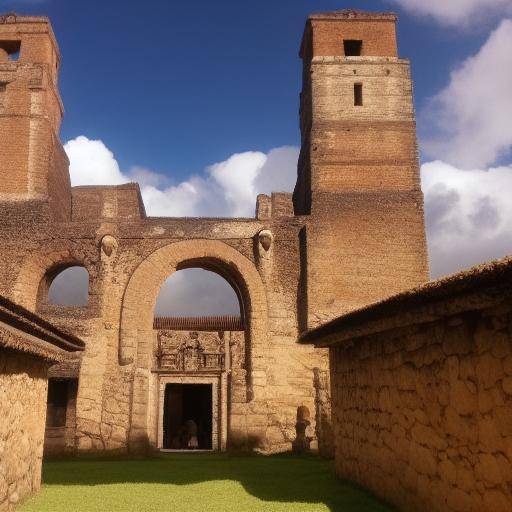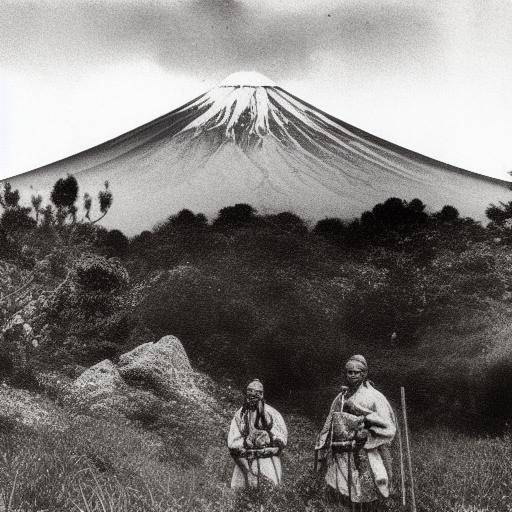
Mount Fuji is one of Japan's most emblematic icons and an intrinsic symbol of its culture. In this article, we will explore the fascinating history, the legends rooted in Japanese mythology and the cultural facts surrounding this majestic mountain. From its origins to its impact on contemporary society, we will discover the richness of the influence of Mount Fuji in Japan and beyond.
Introduction
The Majesticity of Mount Fuji
Mount Fuji, known in Japanese as "Fujisan", is one of the most famous mountains in the world. With its impressive 3,776 meters high, this natural wonder has been a symbol of beauty and serenity for the Japanese for centuries. The stunning views of this mountain have inspired artists, poets and travelers, generating deep respect and admiration. Beyond its imposing physical presence, Mount Fuji hosts a rich history, mythology and deep cultural significance rooted in Japanese identity.
In this article, we will immerse ourselves in the history behind Mount Fuji, exploring its role in Japanese mythology, its cultural relevance and its impact on the country and beyond. From its origins to its present presence as a World Heritage Site, we will discover the various aspects that make this mountain a true national treasure.
History and Context
Origins and Meaning
Mount Fuji has a history that goes back to thousands of years. Since ancient times, it has been venerated as a sacred place, associated with spirituality and worship. For the ancient Japanese, the mountain was imbued with a profound religious meaning, considered as the abode of the gods. His imposing presence has captured the imagination of generations, serving as a source of inspiration for countless works of art and cultural expressions.
Cultural Heritage
In 2013, Mount Fuji was registered on the UNESCO World Cultural Heritage list in recognition of its natural and cultural significance. This designation highlights the importance of Mount Fuji in Japanese identity and its influence on arts, religion, and society in general. This distinction has also helped to preserve and protect this emblematic site for future generations.
Japanese mythology
Mount Fuji is intertwined with the rich Japanese mythology, where it is attributed different symbolic meanings. According to mythology, Mount Fuji is the home of the goddess Konohana-no-Sakuya-hime, the deity of volcanoes and flowering cherry trees. Legend has it that the goddess transformed the top of the mountain into cherry blossoms as an act of purity and renewal. This mythological association has consolidated the spiritual and poetic connection that surrounds Mount Fuji.
Analysis in Deep
The Influence of Mount Fuji in Art and Culture
Mount Fuji has been represented in countless works of art, from ancient paintings to contemporary photography. His recurring image in Japanese art reflects the profound influence he has had on the aesthetics and creativity of Japanese culture. The artists sought to capture the spiritual essence and majesty of the mountain, making it a recurring motive in artistic expression.
Tourism and National Heritage
Mount Fuji is a world-renowned tourist destination, attracting visitors from all over the world. Ascension to Mount Fuji is a significant experience for many Japanese and visitors, considered as a form of spiritual purification. In addition, traditional festivals and celebrations associated with Mount Fuji are an integral part of Japanese cultural life, contributing to its continued importance in society and its national identity.
Comprehensive review
Comparing Mount Fuji and Other Sacred Mountains in Japan
Together with Mount Fuji, Japan hosts other sacred mountains that play a crucial role in the country's mythology and culture. We will explore the similarities and differences between Mount Fuji and these other mountains, highlighting its distinctive symbolic and spiritual features.
Reflection on the Influence of Mount Fuji in Contemporary Life
Mount Fuji continues to exert a significant influence on modern life. From tourism to its presence in popular culture, we will analyze how Mount Fuji continues to be a source of inspiration and meaning in contemporary society.
Practical Tips and Accessible Recommendations
Discovering Mount Fuji: Tips for Travelers
For those who wish to undertake the exciting adventure of visiting Mount Fuji, we will offer practical advice and recommendations to maximize the experience and ensure a safe and rewarding journey.
Participating in Traditional Celebrations
We will explore the festivals and celebrations associated with Mount Fuji, providing information on how visitors can participate and immerse themselves in the rich cultural tradition surrounding this majestic mountain.
Conclusions and FAQs
Conclusions
In short, Mount Fuji is much more than an impressive mountain; it is a testament to the deep connection between nature, mythology and culture in Japan. With its legacy rooted in Japanese history and mythology, Mount Fuji continues to inspire admiration and awe in those who contemplate it.
Frequently asked questions
- What is the best time of the year to visit Mount Fuji?
- Can excursions be made to the top of Mount Fuji?
- What is the importance of Mount Fuji in Japanese shintoism?
- What are the best known legends about Mount Fuji?
- Where can I get more information about the celebrations associated with Mount Fuji?
- What impact did Mount Fuji have on Japanese arts?
By exploring the history, mythology and cultural events related to Mount Fuji, it is clear that this majestic mountain occupies a unique place in the heart of Japan. His lasting legacy and continued influence on Japanese culture illustrate the profound importance of Mount Fuji in national identity. Through its history, mythology and contemporary context, Mount Fuji remains a beacon of inspiration and wonder, inspiring past, present and future generations.

